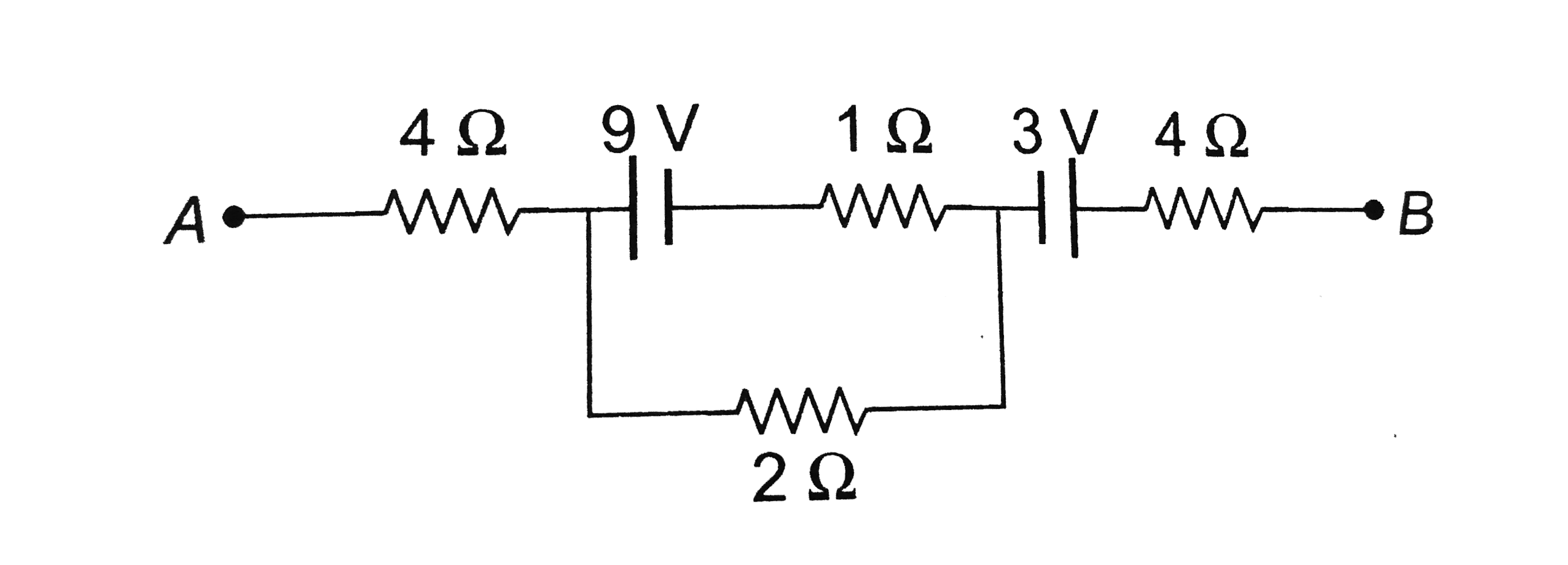Which is/are correct statement(s) ?
A
When mixture is more voilatile, there is positive deviation from Raoult's law
B
When mixture is less volatile, there is negative deviation from Raoult's law
C
Ethanol and water form ideal solution.
D
CHCl3 and water form ideal solution.
Text Solution
The correct Answer is:A, B
|
Topper's Solved these Questions
- LIQUID SOLUTION BOOK - FIITJEECHAPTER - LIQUID SOLUTION EXERCISE - Comprehension - I
3 Videos
- LIQUID SOLUTION BOOK - FIITJEECHAPTER - LIQUID SOLUTION EXERCISE - Comprehension - II
3 Videos
- LIQUID SOLUTION BOOK - FIITJEECHAPTER - LIQUID SOLUTION EXERCISE - MATCHING LIST TYPE QUESTIONS
8 Videos
- IONIC EQUILIBRIUM BOOK - FIITJEECHAPTER - IONIC EQUILIBRIUM EXERCISE - SINGLE INTEGER ANSWER QUESTIONS
4 Videos
- NUCLEIC ACID AND VITAMIN BOOK - FIITJEECHAPTER - NUCLEIC ACID AND VITAMIN EXERCISE - ASSIGNMENT PROBLEMS (OBJECTIVE)
15 Videos
Similar Questions
Knowledge Check
Which of the following is/are correct statement(s)?
AGram atomic mass of an element inay be defined as the mass of Avogadro's number of atoms.BThe molecular mass of a diatomic elementary gas is twice its atomic mass.CGay Lussac's law of chemical combination is valid for all substances.DA pure compound has always a fixed proportion of masses of its constituents.Which of the following is/are correct statement(s)?
AElectron affinity of oxygen is more than that of sulphurBIf spin quantum number was assigned three different values, the 6th period would have maximum 48 elementsCAcidic nature of oxides of group XIII elements increases down the groupDAll of the aboveWhich of the following is/are correct statement(s)?
AHardy Schulze rule is related to coagulation.BTyndall effect is shown by mainly lyophilic colloidsCWhen liquid is dispersed in liquid, it is called gelDgold number is a measure of protective power of lyophilic colloid.
Which of the following is/are correct statement(s)?
View SolutionWhich of the following is/are correct statement(s)?
View SolutionWhich of the following is/are correct statement(s)?
View SolutionWhich of the following is/are correct statements (s) .
View SolutionWhich of the following is(are) correct statements(s) ?
View Solution

